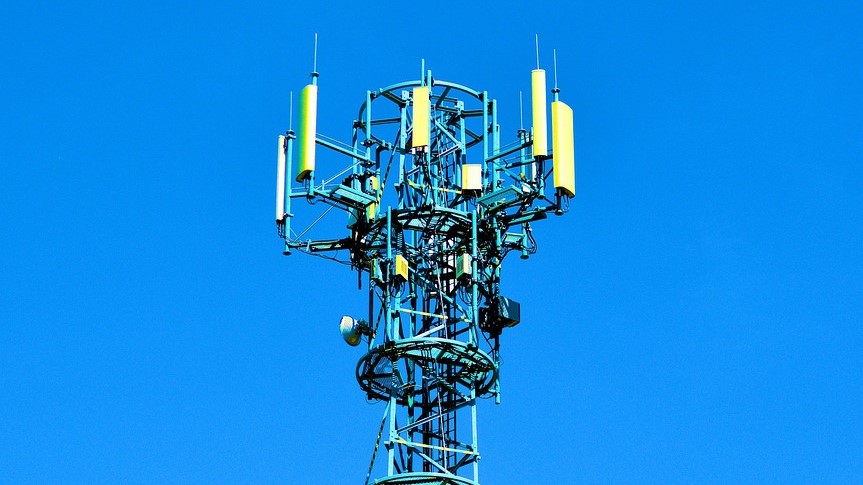Expert Reaction
These comments have been collated by the Science Media Centre to provide a variety of expert perspectives on this issue. Feel free to use these quotes in your stories. Views expressed are the personal opinions of the experts named. They do not represent the views of the SMC or any other organisation unless specifically stated.
Mr Mark Stewart is a Lecturer in the School of Computing and Mathematical Sciences at The University of Adelaide
"The tragic loss of life in the recent network outage must serve as a reminder of the need for us to be vigilant in our management of telecommunications services. Services such as emergency services calls provide a critical service that must be vigilantly maintained.
Currently, we have few details as to the specifics of the failure, save that its root cause was in a network upgrade, and a secondary failure in the emergency "camp-on" capability that should have allowed people to use an alternative service provider.
There is a long standing, worldwide trend for companies to inadequately resource the testing and disaster recovery planning associated with network upgrades and software updates; and the dual failure that has reputedly occurred points to this being a contributing factor. "
Associate Professor Paul Gardner-Stephen is an Adjunct Associate Professor at Flinders University and a Shuttleworth Telecommunications Fellow. His background is in telecommunications research, including disaster-zone telecommunications and other contexts where communications infrastructure fails.
"Society — and human lives — depend on cellular (mobile) communications networks in almost every corner of our lives. These networks are complex systems of systems, and a great deal of work goes on behind the scenes to ensure that they (almost always) work as expected. The 000 service in Australia leverages the dedicated emergency call facility in those networks, and when it works correctly, allows 000 calls from any mobile phone using any network that's available. If one network is down, the phone will automatically attempt to use another network. This tragic failure of 000 services must have created a set of circumstances where that automatic fail-over to other networks was not possible. For example, the Optus network may have accepted the 000 calls, but then not correctly routed them to the 000 call-centre, dropped calls after establishment, or failed to correctly carry the audio for the phone calls. Optus' investigation will no doubt shed light on the exact nature of the failure in due course, but the lack of information about the nature of the failures in the meantime leaves many questions unanswered."
Adjunct Associate Professor Graeme Hughes is a business, retail and consumer expert from Griffith University
"This is an unthinkable tragedy and a complete breach of the social contract between telcos and the public. We are not just paying for a service to make phone calls or stream movies, we are paying for a critical piece of infrastructure that is relied upon in emergencies. The fact that a second major outage has led to loss of life is unacceptable.
Australian consumers have a right to safe and reliable essential services. The latest incident highlights that the lessons and penalties from the nationwide 2023 outage were clearly insufficient to prevent another disaster. This raises questions about the effectiveness of current regulatory oversight and the readiness of telecommunications providers to protect public safety.
The public has a right to know why fail-safe systems, which should have routed emergency calls to other networks, either did not exist or failed to function. This latest tragedy shows that relying on promises and limited fines is not enough. The government must take a firmer stance to enforce mandatory network resilience and introduce stronger, more punitive measures for critical failures.
I recommend the following immediate actions:
- An independent and transparent government inquiry into the telecommunications sector's infrastructure and emergency protocols.
- The implementation of mandatory, government-regulated network redundancy protocols that automatically switch emergency calls to any available network.
- Significantly increased financial penalties for network failures that compromise public safety, with the funds directed towards improving the national emergency communications system.
The time for lenient penalties and polite conversations is over. The government must now prioritise public safety over corporate profits. Customers deserve a guarantee that when they dial 000, the call will connect, no matter what.
I encourage all affected consumers to file formal complaints with the Telecommunications Industry Ombudsman (TIO) and demand compensation for the disruption and breach of service.”



 Australia; QLD; SA; WA; NT
Australia; QLD; SA; WA; NT


